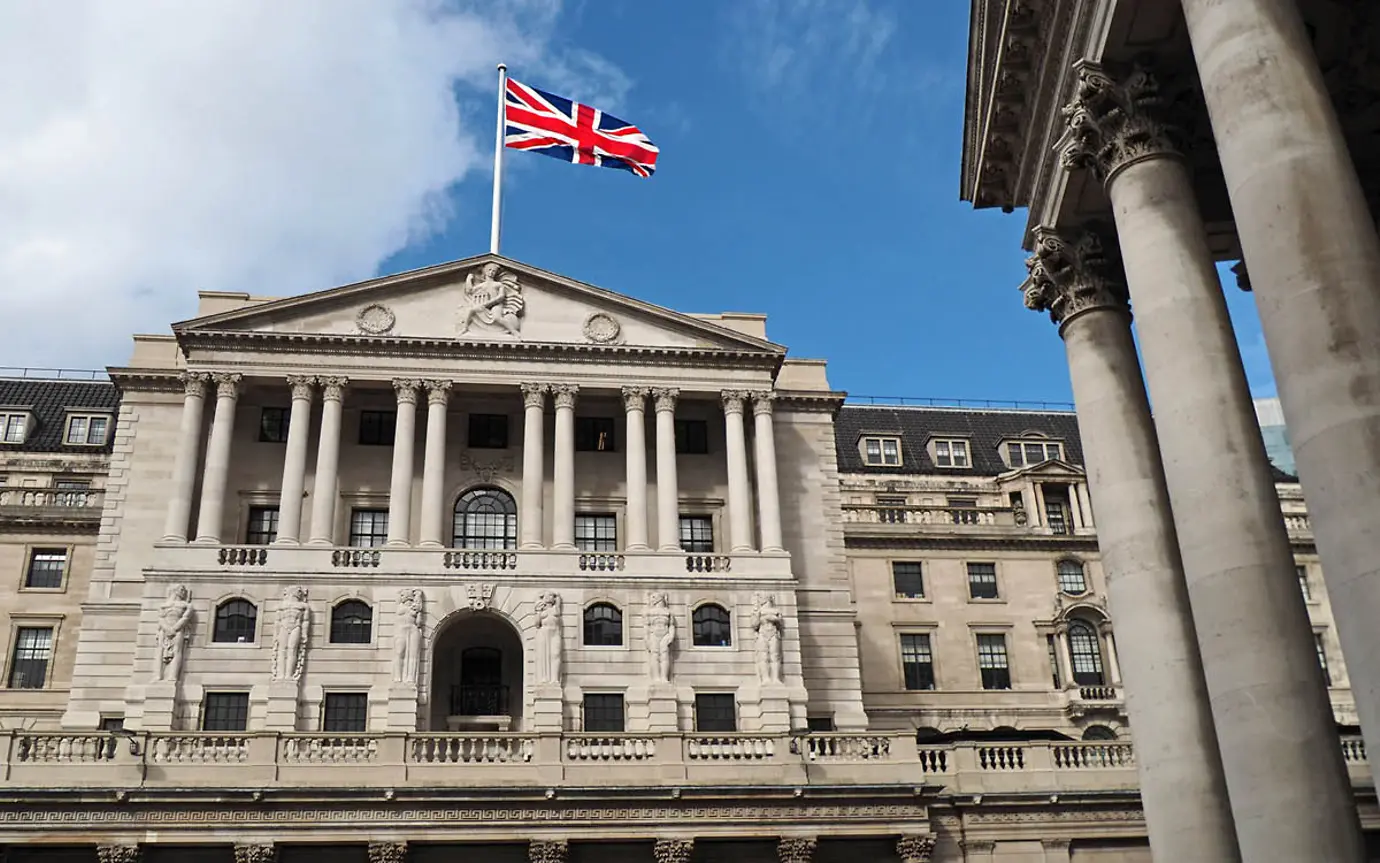After a busy day analysing the swings in economic data and its ramifications on markets, I often find myself most evenings looking through our children’s library section, picking out stories for bedtime, with a firm favourite being the Mr. Men books.

These characters are rather timeless and, to a degree, the recent swing in communications coming from central bankers has brought some of these to life. During the height of the energy crisis, to a large degree driven by the Russian invasion of Ukraine, the Governor of the Bank of England (BoE), Andrew Bailey, seemed a bit like Mr. Worry.
That frame of mind was justified given the potential squeeze on consumers real incomes. The cost-of-living crisis, paired with the need to raise interest rates to limit the imported inflation, meant that the BoE’s outlook was for a mild recession that would last two years. A daunting prospect that could easily turn any Mr. Happy into Mr. Miserable. Further to this gloomy outlook, the situation was aggravated by Mr. Muddle who decided to complicate matters further by opting for his “mini-budget”, all of which meant that poor Mr. Worry turned into Mr. Busy as the BoE now had to buy government bonds to stabilise markets.
However, the government was soon replaced by Mr. Cool and Mr. Good, who opted to make difficult decisions in order to allow Mr. Busy to return to his frame of Mr. Worry. However, as we moved into the new year some clouds seem to have lifted for Mr. Worry.
In fact, when he spoke last week, he seemed a bit more like Mr. Cheerful. While the UK still faces a cost-of-living crisis, the news that inflation cooled for a second month has prompted him to declare that “the beginning of a sign that a corner has been turned”. However, given that the annual rate still stands at 10.5%, relative to the peak of 11.1% two months ago, this will not be seen by most consumers as good news.
The piece of better news comes from forward-looking components of inflation. Ofgem’s next update on the price cap, which will impact prices for the second quarter, will be announced on 27th February. The last update was announced on 24th November and, since then, prices for natural gas futures have more than halved.
Furthermore, as the pound has bounced from its lows paired with squeezed real incomes, this will likely put more downward pressure on goods prices. As such, Governor Bailey expects prices to fall quite rapidly in the second half of the year but the risks around the economy have not gone away overnight.
Retail sales data released on Friday showed that consumers are feeling the pinch as rising food costs are forcing spending to be cut elsewhere. While overall food inflation reached 12.9% over the year, consumer magazine Which? noted that this was higher for budget ranges, which saw an increase in excess of 20%. Hence the need to quell price pressures quickly remains high on the agenda, so further rate rises are very likely despite the weakening retail sales.
While economic weakness is expected, to achieve longer-term price stability better balance is needed in the labour market. Since the pandemic, the BoE estimates that at least 500,000 people dropped out of the labour force. This, combined with ending freedom of movement as part of the EU, means that this weakness is required to bring better balance to the labour market.
Data for November showed that wages grew 6.4% on a three-month annualised basis, more than anticipated. However, Mr. Cheerful has noted that forward-looking surveys show that pay is indicating less momentum going forward.
Taking all of this together, the BoE seems on course to raise rates by around one percentage point this year, taking rates to 4.5%, but the risks around that outlook remain quite wide. The central bankers are now treating inflation as a lagging data set and putting much more emphasis on employment and wage data going forward. While the shorter-term news on inflation looks constructive, the medium term is now in focus and changes in monetary policy are likely to be much more measured going forward.
As the year progresses, we hope that the governor turns out to be more Mr. Clever than Mr. Daydream. For our clients, we intend to remain Mr. Nosey and stay on top of all of these challenging developments so we can reach successful outcomes.
Read more from Insights.
This communication is provided for information purposes only. The information presented herein provides a general update on market conditions and is not intended and should not be construed as an offer, invitation, solicitation or recommendation to buy or sell any specific investment or participate in any investment (or other) strategy. The subject of the communication is not a regulated investment. Past performance is not an indication of future performance and the value of investments and the income derived from them may fluctuate and you may not receive back the amount you originally invest. Although this document has been prepared on the basis of information we believe to be reliable, LGT Wealth Management UK LLP gives no representation or warranty in relation to the accuracy or completeness of the information presented herein. The information presented herein does not provide sufficient information on which to make an informed investment decision. No liability is accepted whatsoever by LGT Wealth Management UK LLP, employees and associated companies for any direct or consequential loss arising from this document.
LGT Wealth Management UK LLP is authorised and regulated by the Financial Conduct Authority in the United Kingdom.